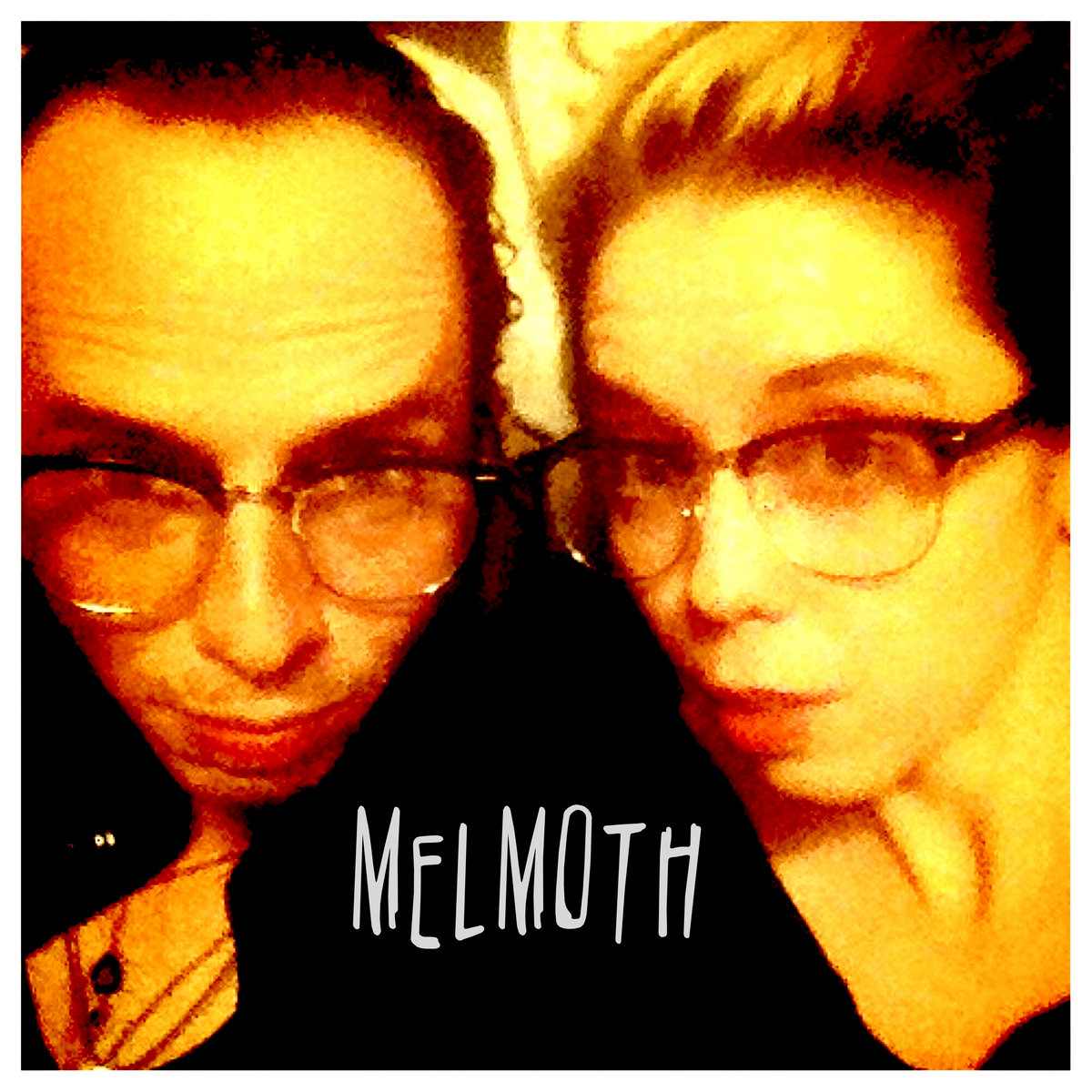

If The Essex Serpent created a myth, Melmoth is creating a framework for the major moral questions of our time.Īnd that’s where it falls short: the situations evoked here, the immensity of the tragedies and the human failings, the sheer scope of the horror – each of these situations could fill its own two hundred pages. The questions she’s tackling aren’t inconsequential: she’s talking about bearing witness to wrong-doing, yes, but also the limits of responsibility, the role of the individual in the machinery of evil, the possibility of redemption, the possibility of free-will – and all in a little over two hundred pages. It’s also an enormously ambitious book: Perry’s not simply weaving together different narrative modes and styles as she constructs story within story within story, but she’s invoking a cumulative history of atrocities, from the persecution of the Lutherans, to the Holocaust, to the genocide of the Armenians by the Turks, to Helen’s own story (for of course she’s got a dark secret) which is one of betrayal and cowardice and a wasted life. In recompense, then, Melmoth haunts those who have themselves witnessed (or committed) atrocities she’s a literal incarnation of guilt as she waits for the moment when she’ll ask you to take her hand… There’s a real horror in Perry’s half-glimpsed watcher and the flicker of black tatters in the shadows the reader will shudder and startle just as does Helen. The spectre of Melmoth is a chilling one – the depthless loneliness of the woman cursed to walk the earth on bloody feet until the Second Coming cursed because she denied witnessing the Resurrection.

As Helen reads these testimonies, she becomes more and more convinced that Melmoth is watching her, has always been watching her, and is coming for her.Īs a piece of neo-Gothic writing, it’s suitably unsettling. The novel is structured around a single main character – the self-effacing, nondescript Helen Franklin – whose attention is drawn to Melmoth when she’s given a sheaf of pages (‘primary sources’) detailing various individuals’ encounters with the Witness over several centuries.


Aficionados of early nineteenth century literature will be aware of Charles Robert Maturin’s Gothic classic, Melmoth The Wanderer (1820), in which the hero trades his soul for an extra 150 years of life and is cursed then to walk the Earth for the duration of his extra time well, here Sarah Perry has taken Maturin’s template, doused it in a Christianity inflected with folk horror, made Melmoth a woman – and a Witness rather than a Wanderer (though she does, in fact, wander, and wander for a lot longer than Maturin’s version) – and brought her to the streets of contemporary Prague.


 0 kommentar(er)
0 kommentar(er)
